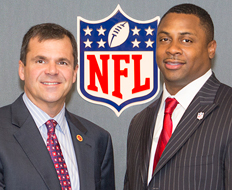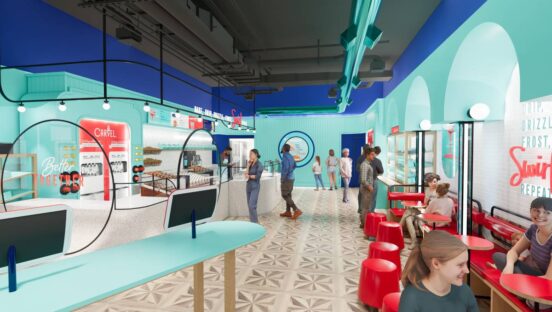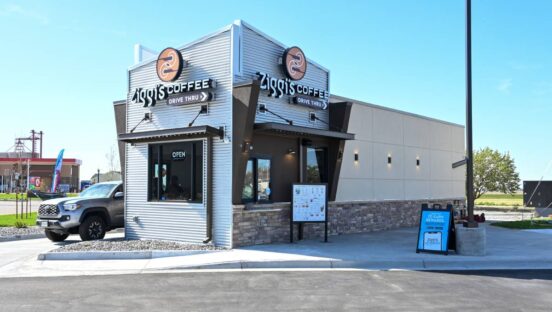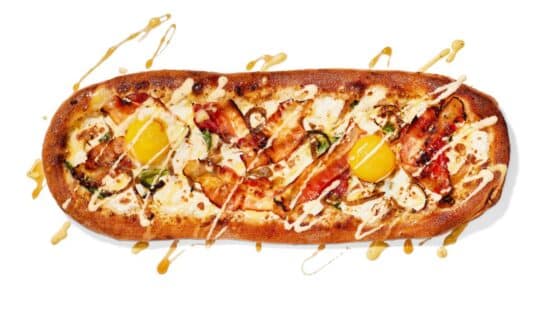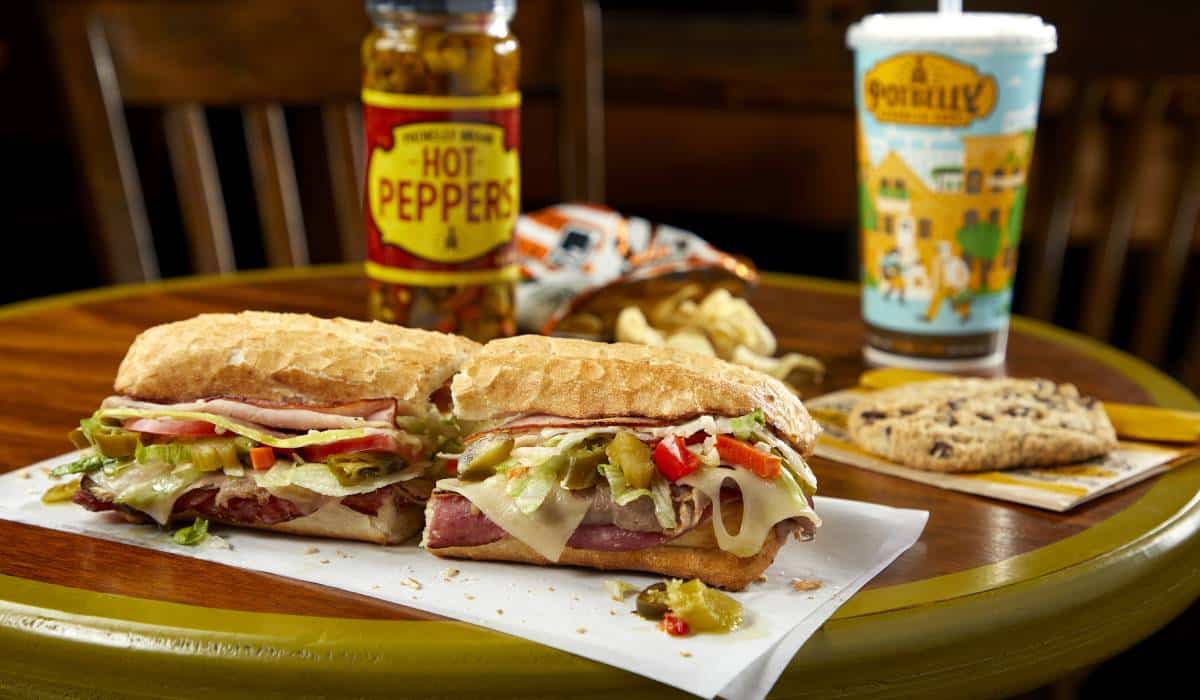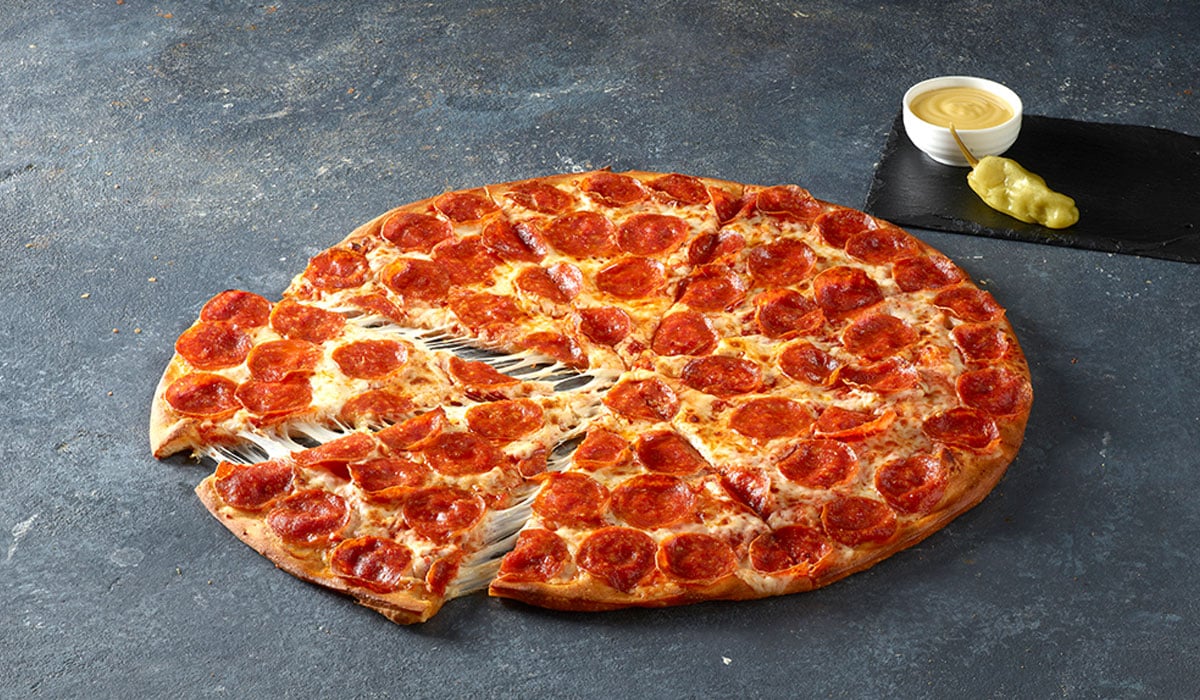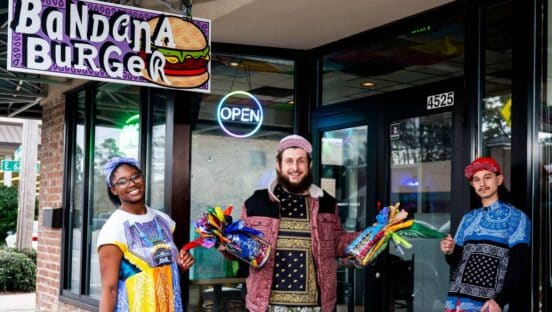The National Football League (NFL) season may be winding down—or just heating up for playoff-bound teams—but the NFL and the International Franchise Association (IFA) are gearing up for a whole new venture.
The duo is hosting an NFL Franchising Boot Camp April 26–29 at the University of Michigan in Ann Arbor, giving 20 current and former NFL players a chance to dive headfirst into the world of franchising.
Steve Caldeira, president and CEO of the IFA, says attendees will not only walk away with a clearer understanding of what it takes to be a successful franchisee, but also with advice on how to evaluate franchise opportunities and pick the best option for them.
“No matter what business you start in, whether it’s in franchising or not, part of what you need to do is be very thorough in your preparation and do your due diligence on that particular industry or business segment,” he says.
“And in this case, [players] will get insight from both franchisors, as well as franchisees, so it gives them an opportunity to really understand from people who have been successful,” he adds.
More players are putting increasing thought and effort into planning for life post-NFL, Caldeira says. It helps, he adds, that professional athletes have a skill set that’s highly transferable to the world of franchising.
These qualities, skills, and talents include the drive to work hard to achieve success, the ability to shine as an individual player while following the playbook, and the respect and appreciation for being part of a team and a brand, Caldeira says.
However, there are certain challenges that NFL players—and professional athletes in general—will face when entering the franchise market, he says. First is that athletes have to realize that money isn’t the only prerequisite for a successful business; it also takes a solid management team and staff to ensure operational and financial success.
“It’s one thing to write the check, but they also need to be smart enough to understand that it’s more than just money,” he says. “It’s having a commitment to building and sustaining a great team to maximize and execute for success.”
Angelo Crowell, a former Buffalo Bills linebacker, is a four-unit Jersey Mike’s owner with his wife, Kimberly. He says having the support of a strong team—both in terms of employees and the franchisor—is essential to maintaining a franchise.
“I consider myself the GM of my business, and I have to develop a strong bench in order to continue to grow,” he writes in an e-mail to QSR.
“It’s extremely important to find a franchise that provides its franchisees with adequate support, has a solid infrastructure in place, and is financially strong,” he says. “There is a lot of money at stake. You need to have the right support system in place or else you risk losing a lot of money.”
Crowell adds that athlete franchisees must stay on top of their game when it comes to operating their own units. “You need to have a complete understanding of the risks involved,” he writes. “Be an active participant in the process. Never assume that someone else will run [the business] properly for you.”
Pointing to the fact that 42 percent of the IFA’s members are involved in chain-restaurant franchising, Caldeira says foodservice is a natural fit for many NFL players interested in owning their own piece of a brand.
In fact, many high-profile professional football players are already playing their role in the quick-service restaurant field. Denver Broncos quarterback Peyton Manning recently signed a franchising agreement with Papa John’s; the Miami Dolphins’ Reggie Bush owns a Panera Bread franchise; and New Orleans Saints QB Drew Brees is a Jimmy John’s operator.
“It is the segment of the industry that employs the most people, has the most sales, has the most establishments,” Caldeira says. “And I think there’s a certain cache with owning a restaurant. People love to go out to dinner. It’s a little different, probably, owning another franchise that isn’t quite as sexy.”
Particularly for individuals coming from outside industries, franchising is a smart way to get into the restaurant business, Caldeira says. “It’s a lot easier to follow a proven template than to create a business plan on your own, and then you throw in the support from the franchisor,” he says. “Think of the marketing support that [franchisees] get, think of the HR and training support that they get, think of leveraging efficiencies through the supply chain to enhance franchisee profitability.”
Crowell says the “existing playbook” that NFL players and franchisees can follow helped push him in the direction of franchising after football.
“Instead of you having to reinvent the wheel with a new business venture, you simply have to roll the wheel,” he says. “In addition, franchising is like a family; there is an existing network of people that you can tap into to help you be successful.”
Though the franchising boot camp is being held for NFL players only, Caldeira says he expects other leagues to catch on with their own training programs, as well.
“We’ve all heard the stories of how a lot of athletes made incredible amounts of money but somehow make bad investments or it all goes away for whatever reason,” he says. “I think this is part of a very thoughtful education outreach program for the long haul by the NFL. I think you’ll see other leagues fall behind their lead.”

